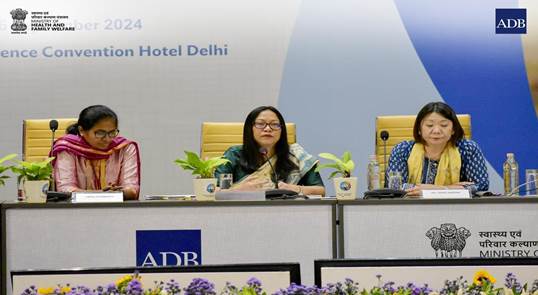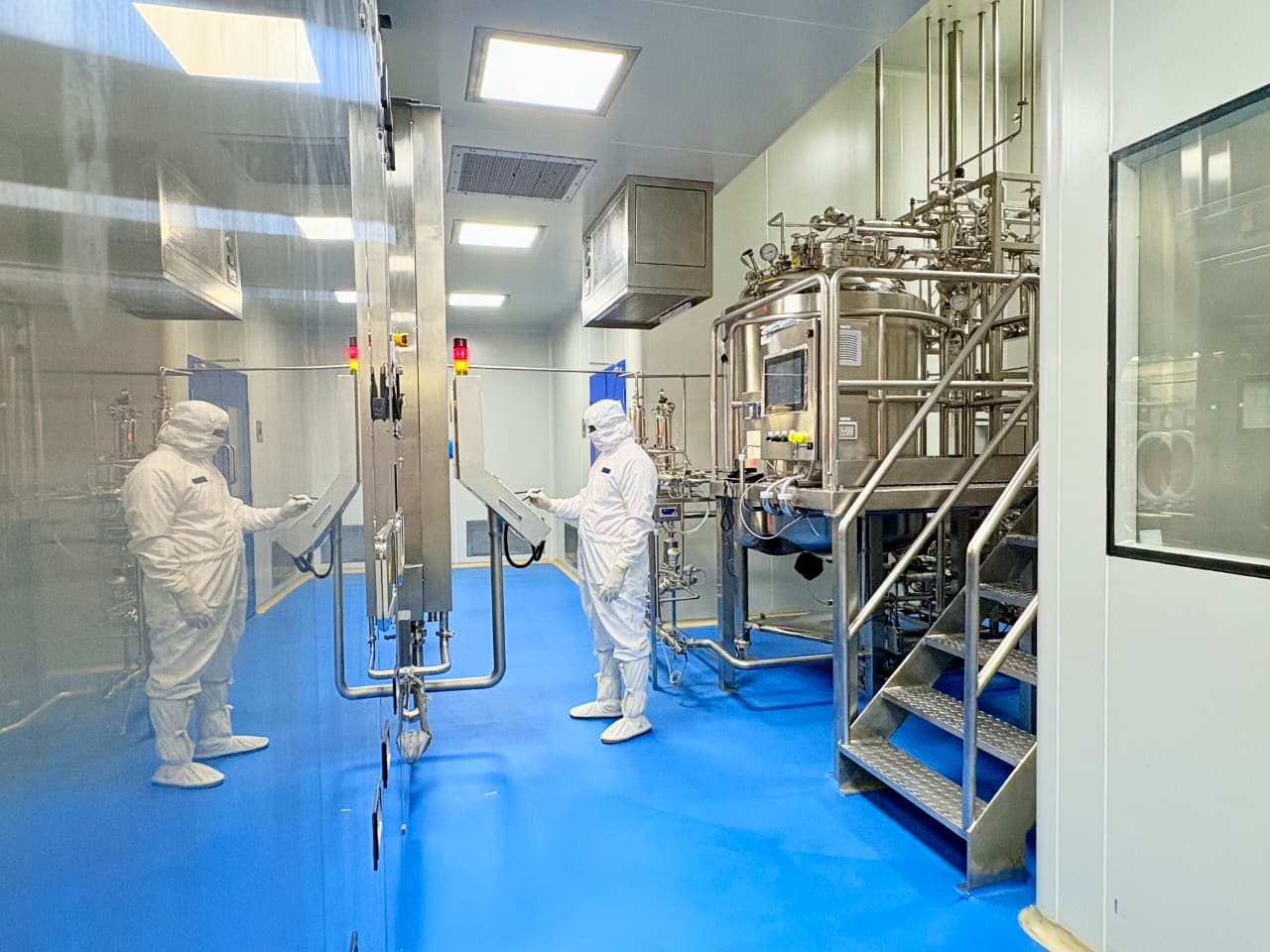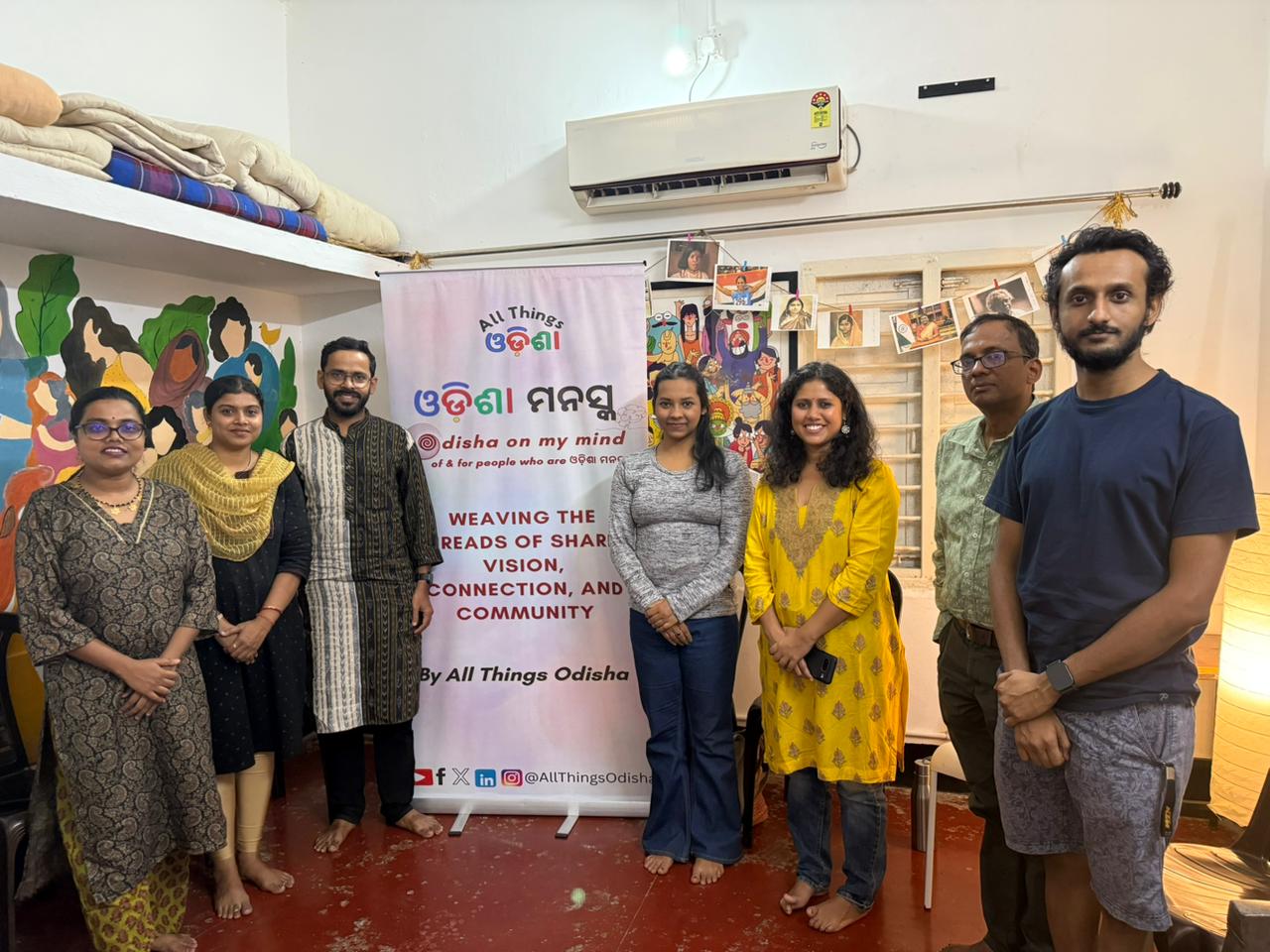New Delhi: The second day of the Climate and Health Solutions (CHS) India Conclave, co-hosted by the Ministry of Health and Family Welfare (MoHFW) and the Asian Development Bank (ADB), concluded today in Delhi. The two-day event gathered over 330 participants, including policymakers, experts, and stakeholders, to discuss the intersection of climate change and public health, with a focus on developing actionable strategies for the health sector.
The day kicked off with a series of roundtable discussions on critical topics such as Non-Communicable Diseases (NCDs), Mental Health, Nutrition, Climate-Ready Healthcare Human Resources, and Blended Finance for Climate-Health initiatives. One of the highlights was a session on “Climate-Resilient and Responsive Health Systems and Infrastructure,” chaired by representatives from 19 states and Union Territories, including Andhra Pradesh, Assam, Kerala, and Tamil Nadu. The session emphasized the urgent need for healthcare infrastructure to adapt to the increasing frequency of extreme weather events.
Another significant discussion focused on “Non-Communicable Diseases, Nutrition, and Mental Health.” Dr. Cherian Varghese highlighted how the Kerala floods have impacted the social determinants of NCDs, particularly livelihoods and access to healthcare, while Dr. Naveen Kumar C discussed the mental health implications of climate change. Dr. Bhuvaneswari Balasubramanian from the Global Alliance for Improved Nutrition (GAIN) discussed how climate change is affecting nutrition and emphasized the need for integration between climate and nutrition policies.
In the session on “Blended Finance for Climate-Health Bold Bets,” Jaya Singh, Policy Lead for the Asia Pacific Region at the United Kingdom’s Foreign, Commonwealth & Development Office, stressed the importance of government regulations and safeguards to attract private-sector investments. She called for innovative funding models, such as green catalytic funding and guarantee-based grants, to support sectors like health and infrastructure. Himanshu Sikka, Program Lead of Pahal Samridh, pointed out the disparity between the global disease burden linked to environmental factors (25%) and the international climate finance allocated to health (only 0.5%).
The conclave also showcased innovations such as the Climate Risk Observatory Tool for heat and health management and contributions from companies like Pluss Technologies, Blackfrog Technologies, and Redwings, which are developing climate-resilient health infrastructure. A workshop led by senior government officials and ADB representatives focused on scaling climate and health solutions across the country.
In his closing remarks, Apurva Chandra, Secretary of MoHFW, expressed his appreciation to all the participants and emphasized the need for collective action. “The solutions discussed over the past two days have laid the groundwork for actionable strategies that integrate climate-conscious thinking into health policies,” he said. “India has the opportunity to lead the global agenda on climate and health, and it is essential that we transform the insights gained here into tangible actions.”
The MoHFW and ADB plan to publish an outcome document detailing the eight key topics discussed during the conclave, along with a series of proposed activities. This document will guide future national, regional, and sub-national climate and health action plans, with the conclave serving as a blueprint for future initiatives in India.





